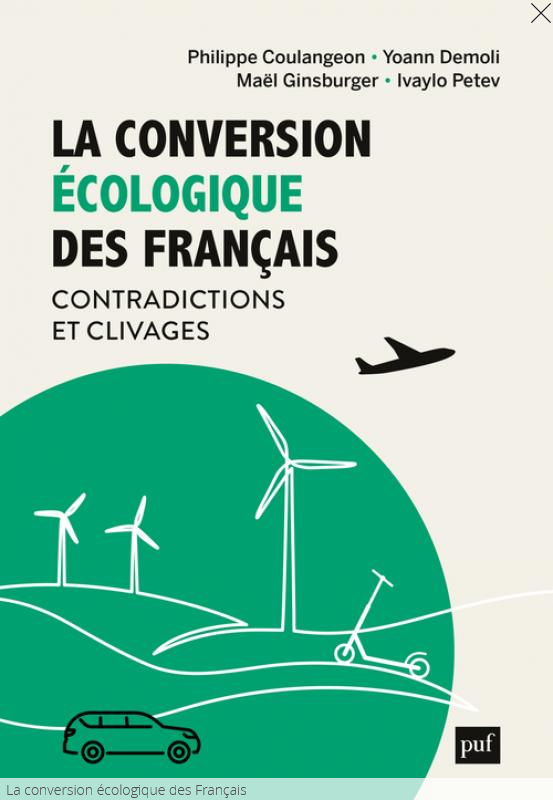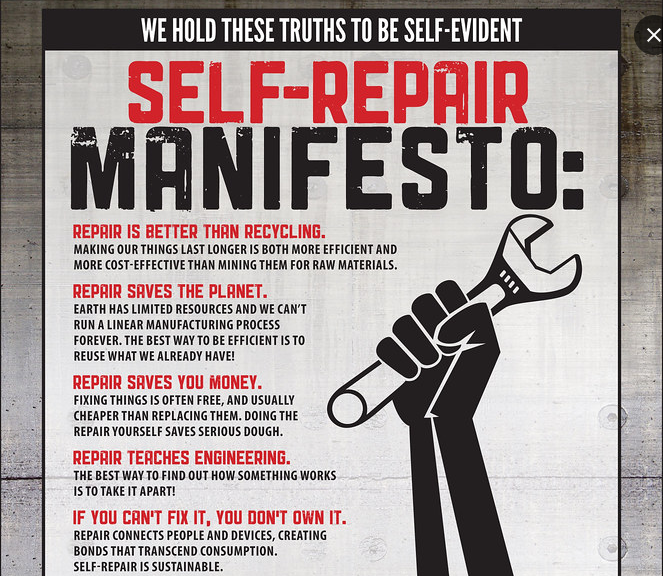


European Cities: Governing the Transition to Sustainable and Decarbonised Mobility
21 September 2023
Holy Russia Versus the West
21 September 2023 Calls for eco-citizenship and commitment to the energy transition are everywhere. The idea seems obvious: by transforming our individual consumption practices, our modes of transport and our ways of living, we could be virtuous actors. Yet recent survey data show that individuals’ room for manoeuvre is small, and that the causal relationship between expressed concerns and concrete action is weak.
Calls for eco-citizenship and commitment to the energy transition are everywhere. The idea seems obvious: by transforming our individual consumption practices, our modes of transport and our ways of living, we could be virtuous actors. Yet recent survey data show that individuals’ room for manoeuvre is small, and that the causal relationship between expressed concerns and concrete action is weak.
In their book The environmental conversion of the French: contradiction and divides (La conversion écologique des Français : contradiction et clivages, PUF, 2023), sociologists Philippe Coulangeon, Yoann Demoli, Maël Ginsburger and Ivaylo Petev contrast the spread of environmentally friendly practices with the evolution of our lifestyles, which continue to be marked by an ever-growing volume of household electrical and electronic goods, heavier and more powerful motor vehicles, and the consumption of ultra-processed foods containing raw materials from distant sources.
According to surveys, the French claim to be worried about environmental degradation and its consequences. But the level of eco-anxiety is lower among the less educated. There is also a feeling of distrust about technical progress. This distrust mainly courses among the most highly educated individuals, who tend to be urban, born between the 1970s and the early 1990s, with fairly high incomes and left-leaning politics. Distrust is less pronounced among older generations.
The analysis by Philippe Coulangeon and his co-authors reveals deeper divides with regard to the most polluting lifestyles. The first divide distinguishes households by volume of purchases, automobile travel and belongings. The authors identify affluent families living in rural or suburban areas with high levels of consumption at one end of the spectrum, versus low energy consuming households composed of single people or couples with lower incomes living in small rentals in urban areas. The low energy consumption can easily be linked to the low level of resources.
The environmentally ethical orientation of practices (local consumption, organic food, less meat, etc.) also differentiates household lifestyles. These ethics are more prevalent in smaller and older households living in small homes and wielding a high level of cultural capital. While some of the practices enable individuals to actively express their concern for the environment, they do not necessarily embrace a more frugal lifestyle. More often than not, the frugality is not a choice, but rather the product of a form of social exclusion.
Lifestyles are also organised around the more or less local and more or less global roots of, on the one hand, rural and small-town farmers and workers who rarely travel long distances, and on the other, young professional households in large urban metropolises accustomed to air travel.
The sociologists thus distinguish four typical consumption/pollution profiles associated with four lifestyles or environmental footprints:
- ‘Full consumerism’, embodied by affluent families, is characterised by high consumption, daily mobility and long-distance travel, few environmentally friendly practices, and confidence in technical progress.
- ‘Eco-consumerism’ is typical of older and rural populations, and combines more ethical and local consumption patterns with a high volume of belongings and little long-distance travel. They politically lean towards traditional environmentalism (against nuclear power, pesticides, and the disappearance of farmland), with a radical bent and polarisation towards the extremes.
- ‘Eco-cosmopolitanism’ is typical of young, educated and urban populations concerned about global environmental issues. They lean towards the left or far left and are low energy consuming in terms of their belongings and daily movements. They embrace ethical forms of consumption, but also engage in frequent and more distant air travel.
- ‘Unintentional frugality’ is characteristic of households constrained to be low energy consuming. They tend to ignore eco-gestures and product labels.
Ultimately, no category is environmentally exemplary.
Given these results, the authors suggest that social inequalities be reconsidered in terms of the environmental damage people’s lifestyles cause. Thus, awareness-raising policies should give way to public policies targeting the structural drivers and social conditions that lead to the most harmful practices. Energy transition challenges require rethinking the terms of our social pact. Social justice has traditionally been framed around sharing the benefits of growth; environmental urgency calls for a reframing. Understanding the way that social groups pollute is a prerequisite to achieving a just transition that accounts for its differentiated costs for individuals.
Philippe Coulangeon is CNRS Research Director at the Center for Research on Social Inequalities (CRIS). His research lies at the intersection of the sociology of culture and the sociology of inequalities and social classes. He is interested in the social stratification of cultural tastes and practices, and in cultural democratisation. Maël Ginsburger is pursuing a PhD at CRIS on environmental practices, social inequalities and consumption styles in France since 1985. Yoann Demoli is a lecturer in sociology at the PRINTEMPS Laboratory, social sciences UFR, at Versailles Saint-Quentin-en-Yvelines University. Ivaylo D. Petev is a CNRS research fellow at the Center for Research in Economics and Statistics (CREST), where he heads the quantitative sociology department. He explores issues related to consumption and lifestyle inequalities, environmental practices and discrimination.



